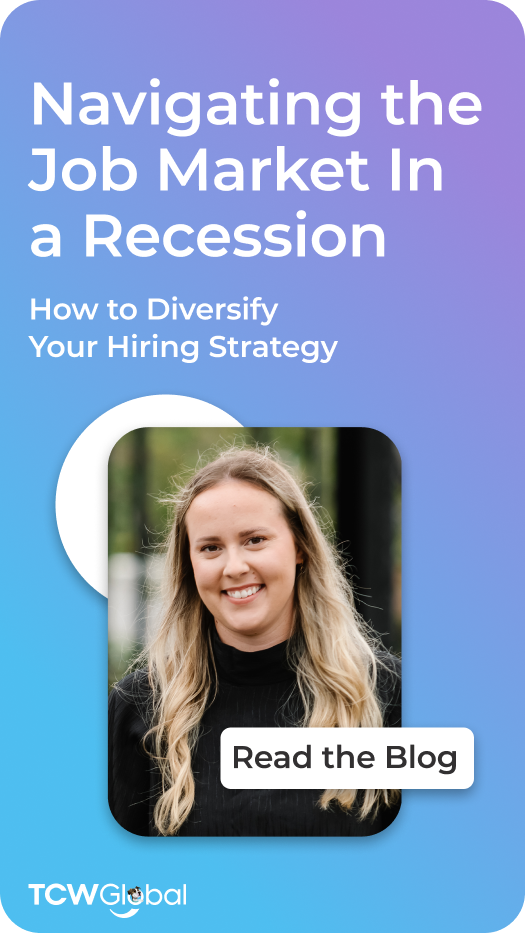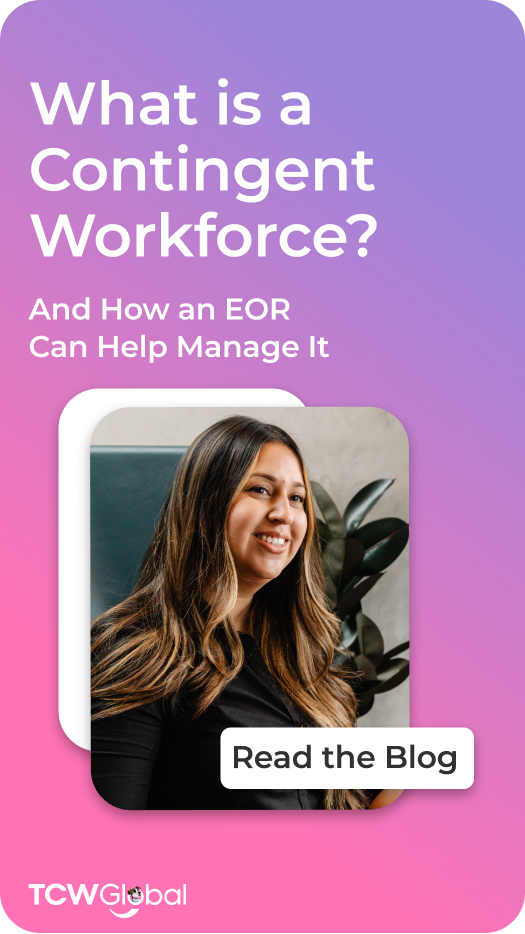Why You're Here!
Australia, with its thriving economy, diverse culture, and business-friendly environment, is an attractive destination for international expansion. TCWGlobal makes hiring in Australia easy and hassle-free.
With a population of over 25 million people, Australia boasts a skilled and multicultural workforce. From the bustling cities of Sydney and Melbourne to the breathtaking landscapes of the Outback, Australia offers a unique blend of urban sophistication and natural beauty.
When it comes to expanding your business into Australia, TCWGlobal understands the importance of compliance and local regulations. Our team of experts ensures that your workforce is fully compliant, allowing you to focus on growing your business.
In addition to compliance, TCWGlobal also offers personalized services tailored to your specific needs. Whether you need assistance with payrolling management, benefits administration, or any other aspect of HR, our team is here to help.
By partnering with TCWGlobal, you can rest assured that your expansion into Australia will be seamless and successful. Our comprehensive services, combined with our local expertise, make us the ideal partner for businesses looking to expand into this dynamic market.


